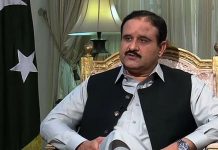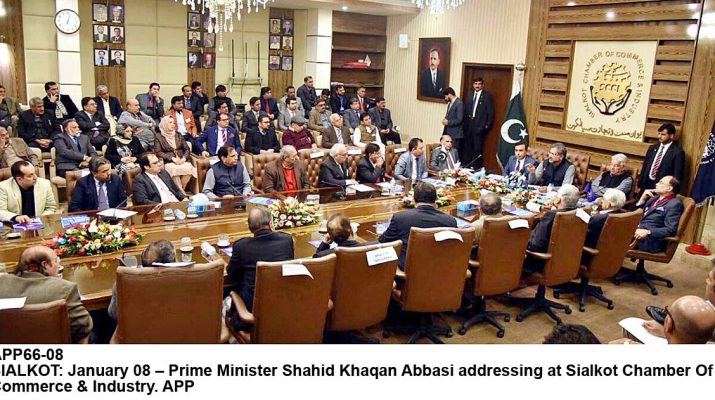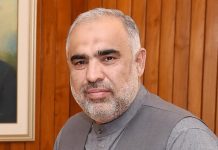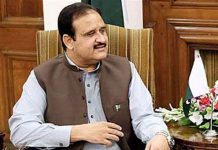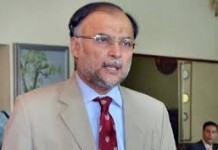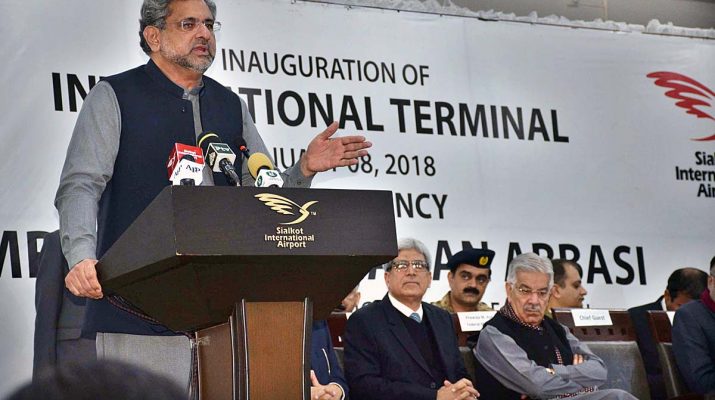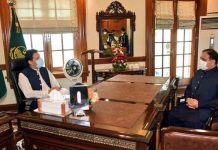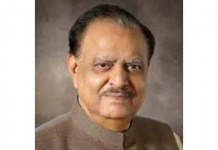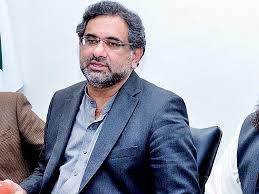
The International Monetary Fund (IMF) has deprived Pakistan of its so-called constitutional right to take loans from its central bank to run its financial operations. The development is a result of Pakistan’s grave outstanding debts that it has to pay to IMF and other international entities, and no, you cannot blame the past governments for these debts.
Pakistan that has always been under the dark clouds of mounting debts and financial constraints has been barred by the IMF to not practice its financial sovereignty in a fresh hit. Pakistan’s total external debt amounts to a cosmic $160 billion, but who does Islamabad owe this huge amount of money. Pakistan owes $7 billion of its total $116 billion to the IMF alone. Among other entities, it owes $11 billion to the Paris Club, $12 billion bonds to the Eurobond and Sukuk, $17 billion to China, $33 billion to multilateral donors and the remaining $42 billion to other entities like G-20 and Organisation of Islamic Cooperation.
Prime Minister (PM) Imran Khan and his so-called economic team has indebted Pakistan of everyone and anyone who had been willing to lend. But why can’t the previous governments be blamed for the soaring debts? Contrary to Imran Khan’s statement that he cannot be blamed for the external debts as Pakistan’s debts increased from 2008 to 2018, a huge portion of the current external debt has been taken by the incumbent government. According to the statistics, Pakistan’s external debt amounted to $86 billion in 2017 during Pakistan Muslim League-Nawaz’s (PML-N) reign. These debts rose to $93 billion in 2018 after Imran Khan assumed charge of the country with his economy at the steering of Pakistan’s economy.
These debts continued to multiply as PM Imran Khan went on and on with his promises to lift Pakistan out of the “shackles of financial slavery”. Pakistan’s external debt stood at $100 billion in 2019, $110 billion in 2020, and rose to an all-time high of $116 billion in November 2021 while the value of the rupee continued to depreciate against the dollar. This is how Imran Khan and his inconsistent and incompetent economic team contributed to the country’s economy by adding $30 billion of debt in just four years.
It is a matter of grave concern that Pakistan’s economy and state affairs are in hands of a prime minister who is running a government surviving entirely on debts. The current government keeps borrowing money from one country or entity to pay the other and has put the country in a never-ending cycle of financial slavery. In this scenario, the IMF’s restrictions mean nothing but pulling brakes on this insane cycle of taking debts.
The global financial body has categorically told that no profits from the State Bank’s coffers will be transferred to the federal government and it cannot withdraw money from the bank until it achieves the desired cover to back its monetary liabilities. It is a shame that a country that has a central bank that is legally and constitutionally owns but its government cannot withdraw money from the bank as it has now been controlled by the IMF.
The government has agreed to the IMF restrictions as it had no other option and the affairs of the State Bank will now be overseen by the global lender. Pakistan, however, tried to beg IMF to allow it to take loans worth 2 percent of GDP in a fiscal year, a proposal that had been turned down by the monetary body. Pakistan needed this money to run its financial affairs for the current fiscal year. Furthermore, IMF denied Pakistan its constitutional right saying these rights become secondary when the state’s neck is deep in debts.
Islamabad had no choice but to give in. Pakistan now plans to cut down its expenditure and raise taxes. The common people who are already suffering from soaring inflation will now be taxed more with income tax, sales tax, power tariff, GST, regulatory duty, and much more. Pakistan will increase all these taxes in order to pay back IMF debt. The sun is setting on Pakistan’s economy and the people have no hope left with the current incompetent and ineligible government.
By Danyal Chaudhry
The writer is Criminal Barrister & Freelancer who tweets from @DanyalChaudhary

